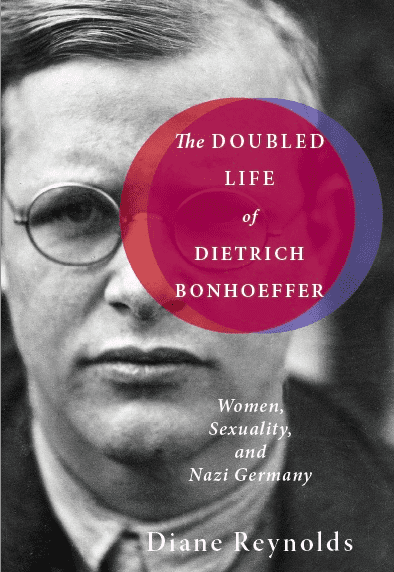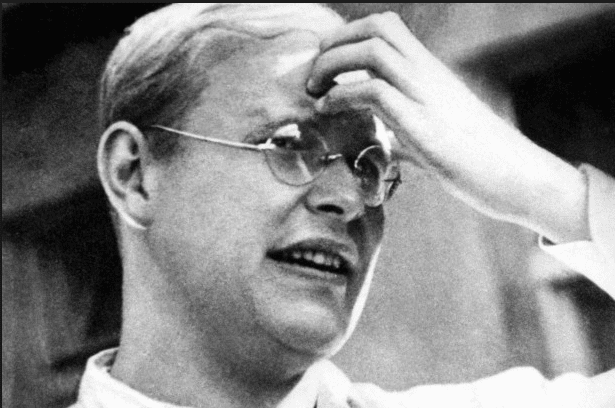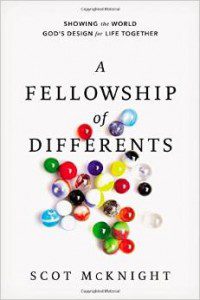 One of the most profound thinkers about ethics in the 20th Century was Dietrich Bonhoeffer, even if he left behind a trail of manuscripts, some finished and some not, in an order that remains elusive and with some thoughts that are relentlessly uncontainable. In other words, many of us long to know what he would have written had his life not been snipped in full bloom.
One of the most profound thinkers about ethics in the 20th Century was Dietrich Bonhoeffer, even if he left behind a trail of manuscripts, some finished and some not, in an order that remains elusive and with some thoughts that are relentlessly uncontainable. In other words, many of us long to know what he would have written had his life not been snipped in full bloom.
I will later post about his Ethics in a more complete form, but his central ideas are about responsibility, reality, vicarious representative action and guilt, and each of these emerges from biblical studies, theology (often at least dipped into Barthian thinking of that time — Barth was through volume 2 or so when Bonhoeffer was executed), the history of German philosophical thinking, and the current ruling ideas on ethics — all heated up in the crisis of the German church over the National Socialists. So don’t think his major ethical ideas are just ethical ponderings — in some ways they are his own processing of his own existential and intuitive decisions of how best to act in the crisis.
In the middle of Ethics is a section on obedience and freedom that illustrates what it means to act responsibly in freedom in the world and not simply in obedience to some command (or principle) — which means to embody in a concrete situation the reconciliation of the world in Christ through faith and in Christ’s own vicarious representative act to enter in to the human condition to redeem it.
It begins in christology: “Jesus stands before God as the obedient one and as the free one. As the obedient one, he does the will of the Father by blindly following the law he has been commanded. As the free one, he affirms God’s will out of is very own insight, with open eyes and a joyful heart; it is as if he re-creates it anew out of himself.
Obedience without freedom is slavery, freedom without obedience is arbitrariness.
Obedience binds freedom, freedom ennobles obedience.
Obedience binds the creature to the Creator, freedom places the creature, made in God’s image, face-to-face with the Creator.
Obedience makes clear to human beings that they have to be told what is good and what the Lord requires of them (Mic 6:6), freedom lets them create the good themselves. [Wow.]
Obedience knows what is good and does it. Freedom dares to act and leaves the judgment about good and evil up to God.
Obedience follows blindly, freedom has open eyes.
Obedience acts without asking questions, freedom asks about the meaning.
Obedience has tied hands, freedom is creative.
In rendering obedience, human beings observe God’s Decalogue, in exercising freedom, they create new decalogues (Luther).
DBW 6, Ethics, 287-288.
Later he will say this:
People cannot live simultaneously in reconciliation and disunity,
in freedom and under the law,
in simplicity and in inner conflict (318).
Thus, DB focuses often on discernment, and here is one of his classical statements about this kind of discernment:
For the knowledge of Jesus Christ … is, of course, a living reality. … With every new day, therefore, the question arises, how, today, here, in this situation, can I remain and be preserved within this new life with God, with Jesus Christ? (323).










